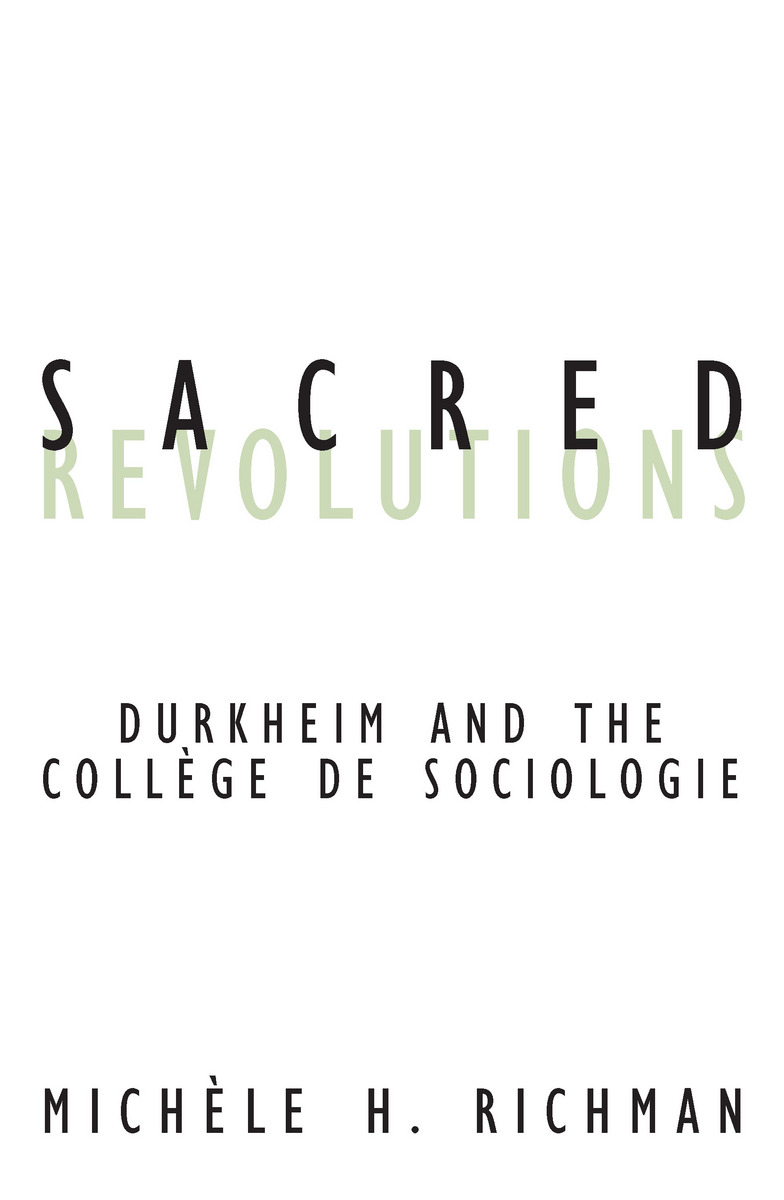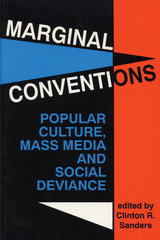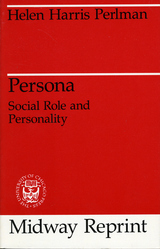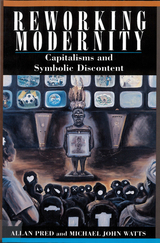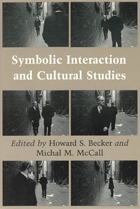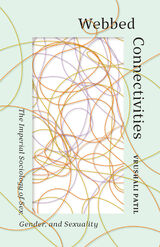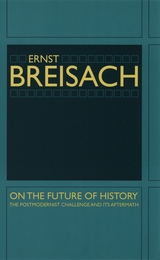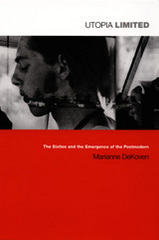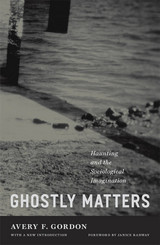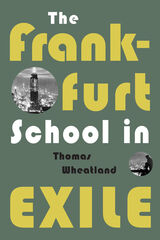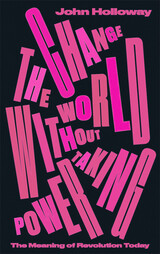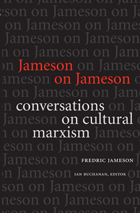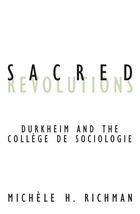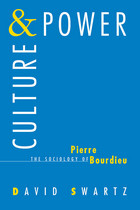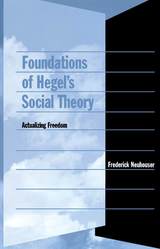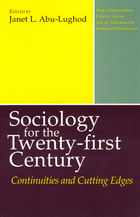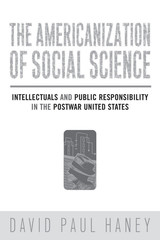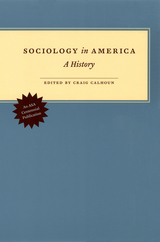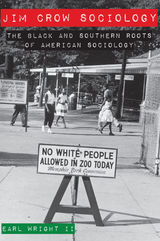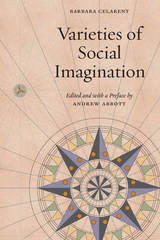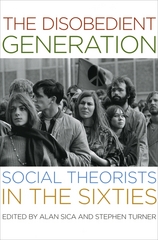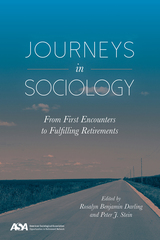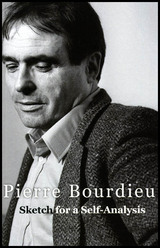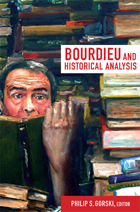Sacred Revolutions: Durkheim And The College De Sociologie
University of Minnesota Press, 2002
Paper: 978-0-8166-3974-8 | Cloth: 978-0-8166-3973-1
Library of Congress Classification HM477.F8R53 2002
Dewey Decimal Classification 301.0944
Paper: 978-0-8166-3974-8 | Cloth: 978-0-8166-3973-1
Library of Congress Classification HM477.F8R53 2002
Dewey Decimal Classification 301.0944
ABOUT THIS BOOK
ABOUT THIS BOOK
Explores the role of the sacred in the response of French intellectuals to the rise of fascism during the 1930s.
How is it that the most radical cultural iconoclasts of the interwar years-Georges Bataille, Roger Caillois, and Michel Leiris-could have responded to the rise of fascism by taking refuge in a "sacred sociology"? This is the question that Michèle H. Richman poses in a work that examines this seemingly paradoxical development. Her book traces the overall implications for French social thought of the "ethnographic detour" that began with Durkheim's interest in Australian aboriginal religion-implications that reach back to the Revolution of 1789 and forward to the student protests of May 1968.
Richman argues that by revising a phenomenon at once as familiar and as exotic as the sacred, these intellectuals forged a point of view relevant to politics, art, and eroticism in the modern period. Assimilating sociology to this revised notion of the sacred, they revitalized a critical discourse based on anthropological thinking dating back to Montaigne and culminating in Rousseau. Her work thus supplies an important chapter in the history of the human sciences while demonstrating the formation of an innovative critical discourse that straddles literary theory, social thought, and religious and cultural studies.
Michèle H. Richman is associate professor of French studies at the University of Pennsylvania.
How is it that the most radical cultural iconoclasts of the interwar years-Georges Bataille, Roger Caillois, and Michel Leiris-could have responded to the rise of fascism by taking refuge in a "sacred sociology"? This is the question that Michèle H. Richman poses in a work that examines this seemingly paradoxical development. Her book traces the overall implications for French social thought of the "ethnographic detour" that began with Durkheim's interest in Australian aboriginal religion-implications that reach back to the Revolution of 1789 and forward to the student protests of May 1968.
Richman argues that by revising a phenomenon at once as familiar and as exotic as the sacred, these intellectuals forged a point of view relevant to politics, art, and eroticism in the modern period. Assimilating sociology to this revised notion of the sacred, they revitalized a critical discourse based on anthropological thinking dating back to Montaigne and culminating in Rousseau. Her work thus supplies an important chapter in the history of the human sciences while demonstrating the formation of an innovative critical discourse that straddles literary theory, social thought, and religious and cultural studies.
Michèle H. Richman is associate professor of French studies at the University of Pennsylvania.
See other books on: 1858-1917 | Durkheim | Durkheim, Emile | France | Sociology
See other titles from University of Minnesota Press
